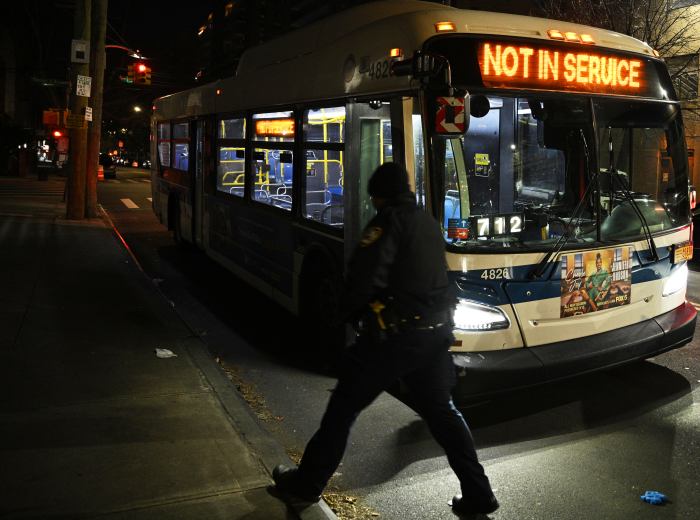By John Tozzi
The city's Conflicts of Interest Board, which regulates financial disclosures by city employees, does not require community board members to file the 32-page disclosure forms that many city employees must. The extensive forms, required by state law, are the same for the 8,000 city employees mandated to file them-from the mayor on down to mid-level bureaucrats.Along with the bill, the Council is considering a resolution asking the state Legislature to give the Conflicts of Interest Board power to modify the forms, which would allow for a shorter form for unpaid community board members.”The form is just ridiculously invasive. It's just too long,” said Mark Davies, executive director of the Conflicts of Interest Board. He said the board has long wanted to have simpler forms for workers with limited potential for conflicts, but because the disclosures are mandated by a 1987 state law, the city's hands are tied.”Our position is they should give us the authority to change the scope of the forms,” Davies said.Councilwoman Gale Brewer (D-Manhattan), the lead sponsor of the legislation, characterized it as a reform that would take community board members off “the honor system.””Especially when it comes to land use issues, zoning issues, but also business permits and licensing,” said Shula Warren, Brewer's legislative director. “These are areas already kind of governed by conflict of interest rules.”Requiring board members to file some form of disclosure would clarify the system, Warren said. “This is really aimed to kind of just add visibility to the whole process,” she said.Community boards include up to 50 unpaid members “who live, work or have other interests in the area,” according to a city brochure describing the boards. Half are selected by the borough president and the other half are nominated by the City Council members representing the area. Members serve two-year terms and advise city agencies on land use and zoning issues as well as other neighborhood concerns.Forcing community board members to file disclosure statements could backfire if the state does not give the city authority to shorten the forms, leaving unpaid public servants filling out 32 pages about their personal finances and other interests as well as the interests of their family members.That is exactly what happened to members of community district education councils, who are required by the state education law to file the extensive disclosures.Rob Caloras, president of CDEC 26, which covers Bayside, Little Neck, Douglaston and Glen Oaks, called the forms “offensive, onerous and unduly burdensome.”Like community boards, CDECs are advisory bodies with little power to make policy or spend money. “Where is the possibility of even a conflict coming into play?” Caloras said.Some critics worry that asking volunteers to file disclosures could drive people away from serving on the community groups.”The fact is there's just no way you can have community board members filing a 32-page financial disclosure form,” Davies said. “It's hard to find people to serve, even in the New York City, on some of these boards and commissions.”Councilman Leroy Comrie (D-St. Albans), who signed on to sponsor the bill and its companion resolution, said he is reconsidering his position and would like to see the bill modified.”I think full disclosure is asking a bit much for a volunteer body,” he said. At the same time, he added, “there needs to be some delineation or some way of understanding what a person's full background is before we consider him for community board service.”The legislation, which was sponsored by Queens Councilman Eric Gioia (D-Sunnyside) and former Councilman Allan Jennings (D-Jamaica), will be reintroduced in February, Warren said.Reach reporter John Tozzi by e-mail at news@timesledger.com or by phone at 718-229-0300 Ext. 188.


































